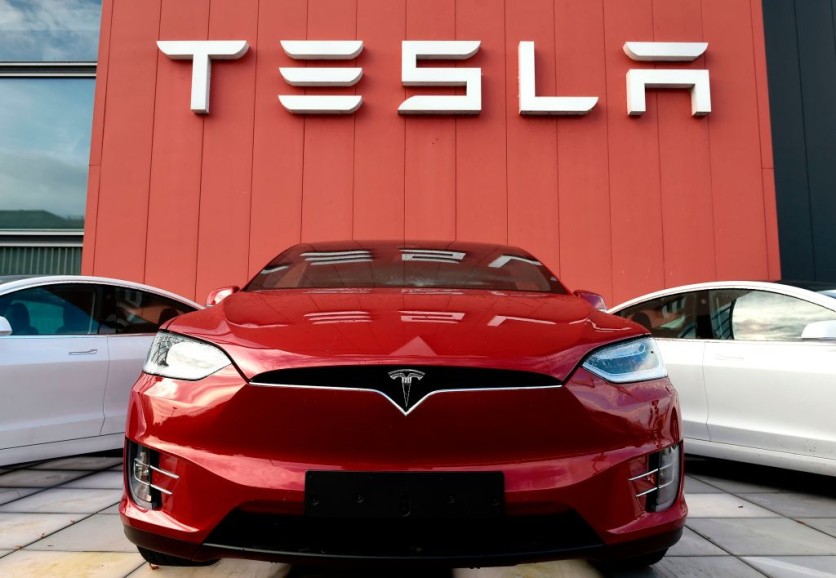Consumer Reports, a nonprofit organization, has cast serious doubt on the effectiveness of Tesla's Autopilot fix following the company's recall of more than 2 million vehicles.
TechCrunch reports that their preliminary evaluation suggests that critical safety measures can still be bypassed, potentially compromising driver attention and safety.

Consumer Reports Highlights Concerns with Tesla's Autopilot Fix
The heart of the issue lies in the recent over-the-air software update rolled out by Tesla, intended to address concerns flagged by the National Highway Traffic Safety Administration (NHTSA).
However, Kelly Funkhouser, Consumer Reports' associate director of vehicle technology, discovered a significant loophole: it remains possible to cover the cabin camera while using Autopilot, effectively neutralizing one of the key monitoring systems designed to ensure driver attentiveness.
The NHTSA stated in documents released last week that those checks were "insufficient to prevent misuse."
While Tesla emphasized that the update included enhanced visual alerts and stricter requirements for driver attentiveness, Funkhouser's tests revealed that these changes were insufficient.
Recent Tesla Recall
The recall, prompted by the NHTSA's investigation into 11 Autopilot crashes, aimed to prevent drivers from misusing the system, mainly when the vehicle is not under their control or the system is not intended to be engaged.
Funkhouser highlighted that despite Tesla's claims of improved monitoring, drivers could still engage Autopilot even while looking away from the road or being distracted.
This revelation calls into question the efficacy of Tesla's measures to ensure driver focus, a fundamental aspect of autonomous driving technology.
The recall affected various Tesla models with Autopilot, excluding the Cybertruck and the Full Self Driving feature. While the update introduced penalties for repeated ignorance of warnings and simplified engagement of Autosteer, it failed to address core concerns raised by Consumer Reports.
Tesla's Response
Tesla's response to the recall has been pivotal. Initially disagreeing with NHTSA's analysis, the company voluntarily agreed to the recall and implemented the software update.
Moreover, the lack of clarity in Tesla's release notes further complicates the evaluation process. Funkhouser noted the ambiguity in understanding the exact modifications made to the camera's monitoring capabilities, making it challenging to accurately ascertain the update's impact.
Consumer Reports intends to conduct more extensive testing in the coming weeks to comprehensively evaluate other changes brought about by the update, particularly improvements in visual alerts, which have not yet been fully assessed.
The organization remains committed to monitoring Tesla's software updates and reporting its findings transparently.
As Tesla and NHTSA navigate this critical phase, questions linger about the efficacy of the Autopilot system and the extent to which Tesla can ensure driver safety and attentiveness through software updates.
Stay posted here at Tech Times.
Related Article : Tesla Is Recalling Almost All Vehicles Sold in the US - Here's Why

Tech Times
ⓒ 2026 TECHTIMES.com All rights reserved. Do not reproduce without permission.




